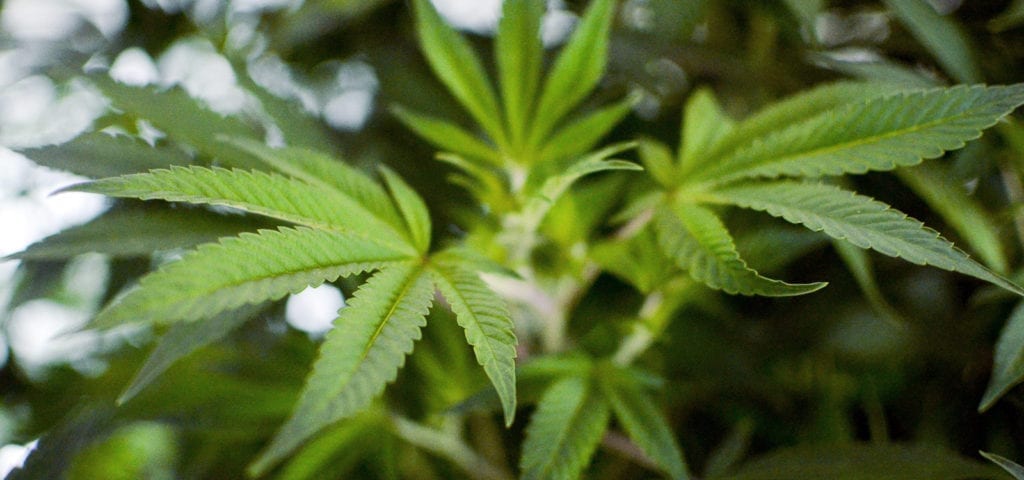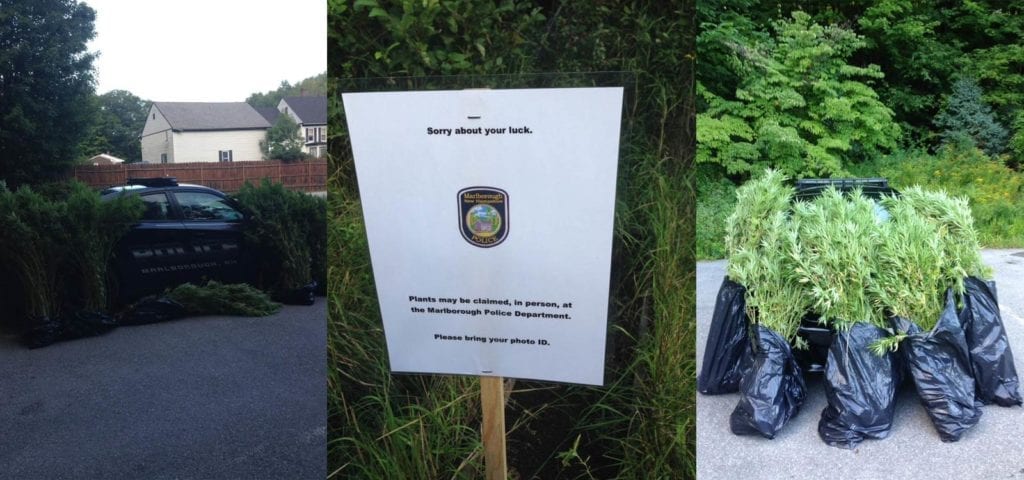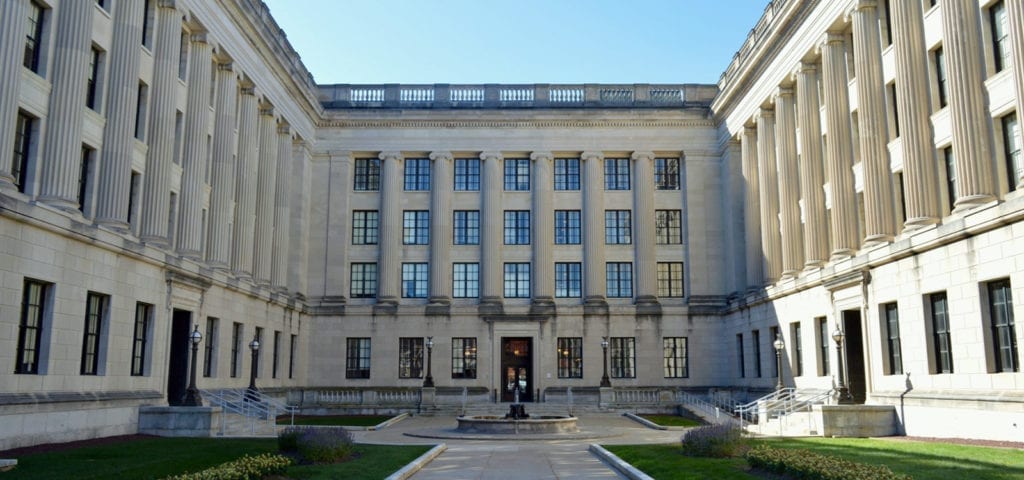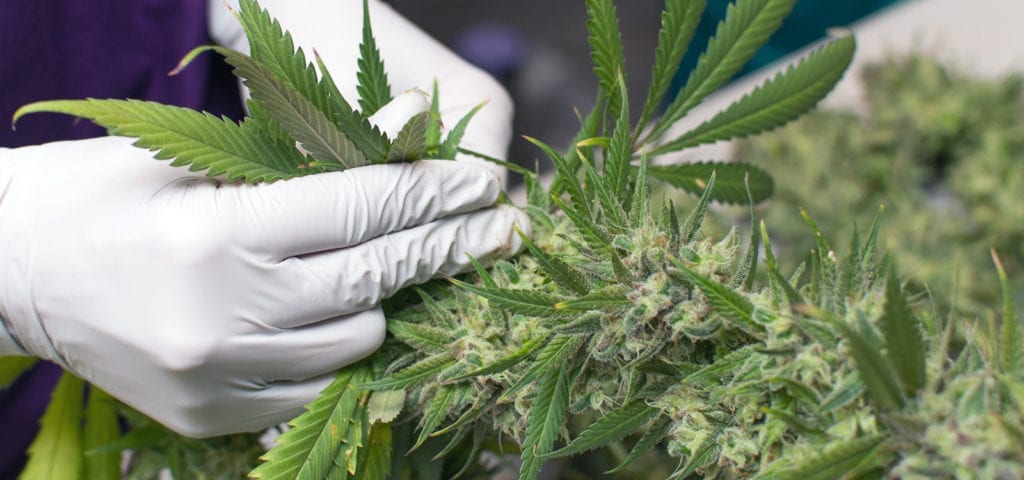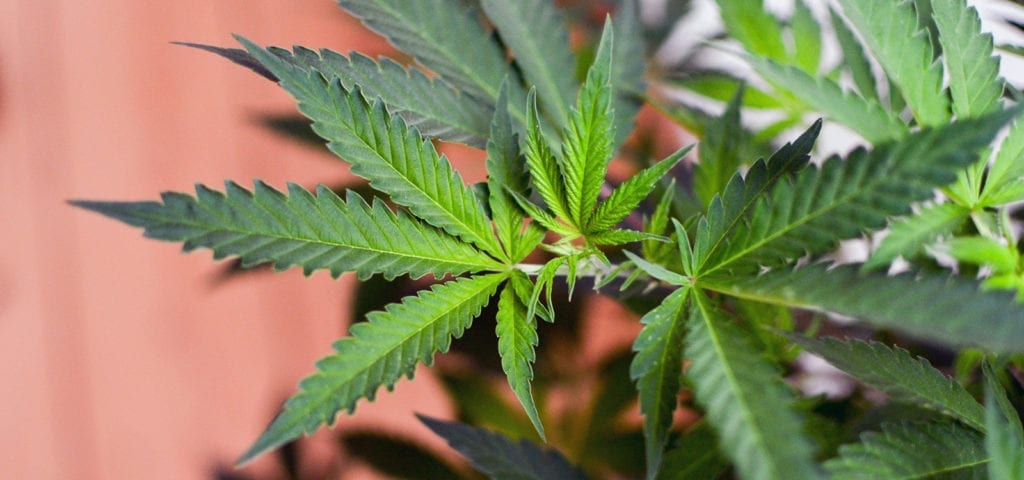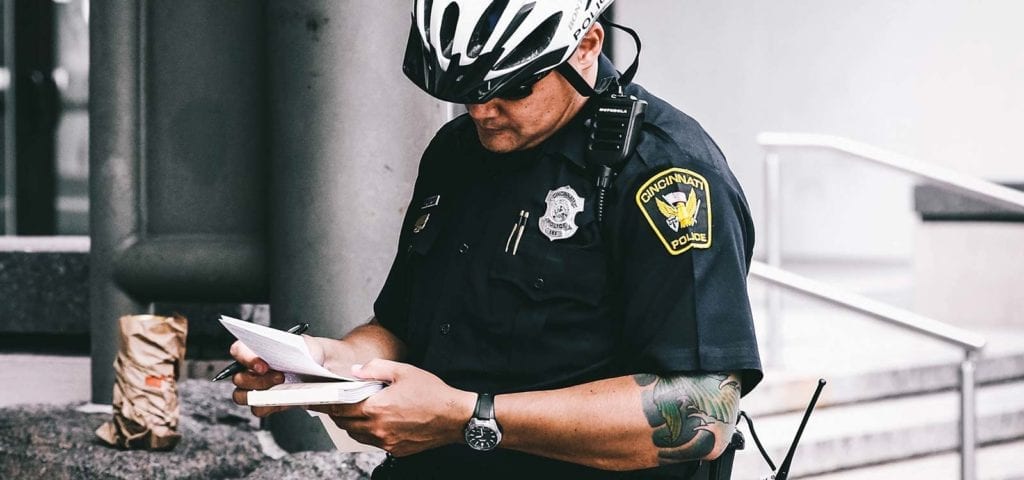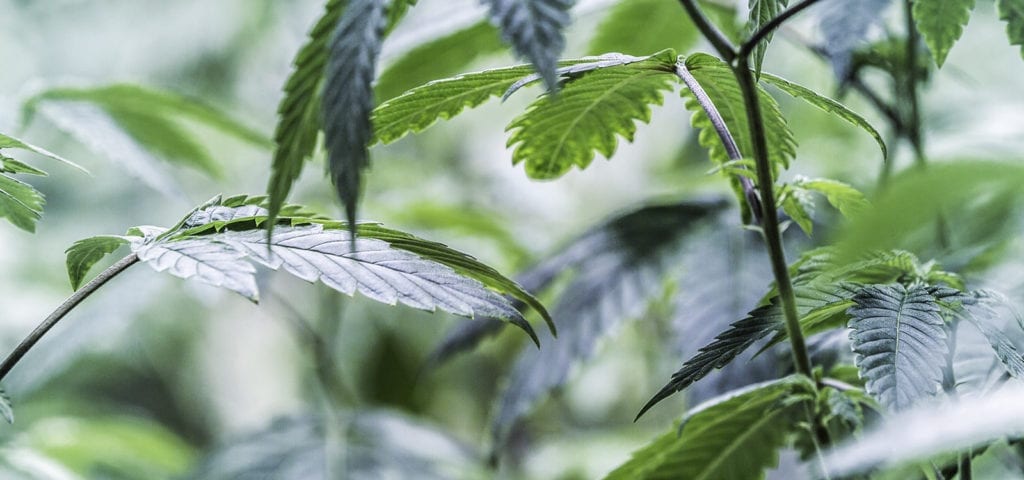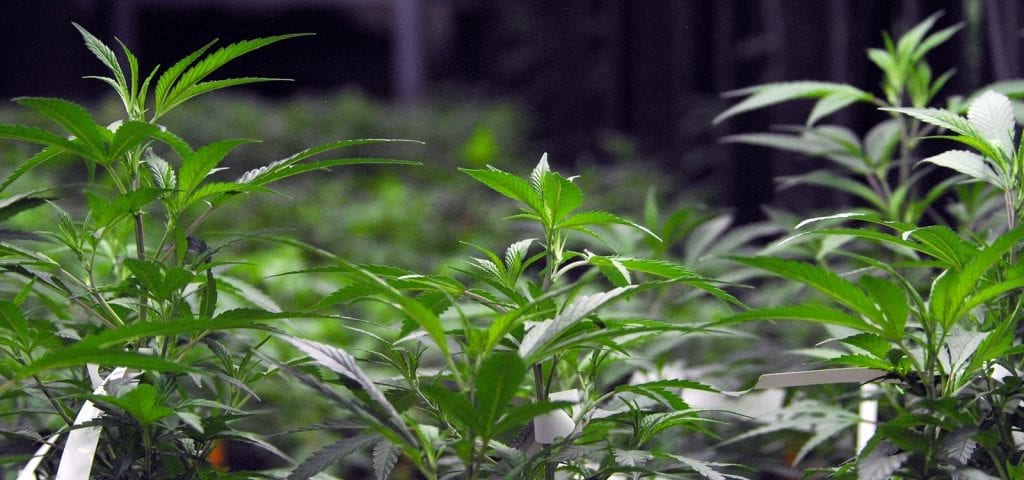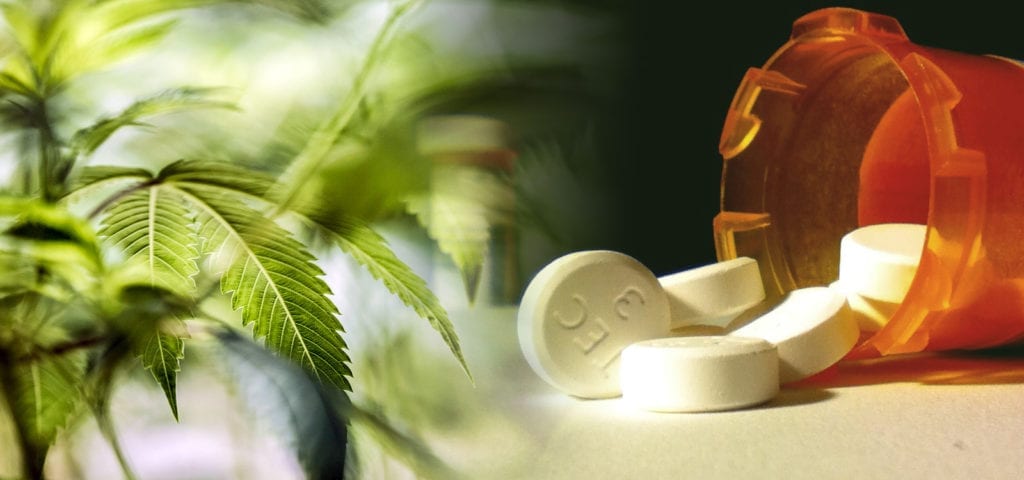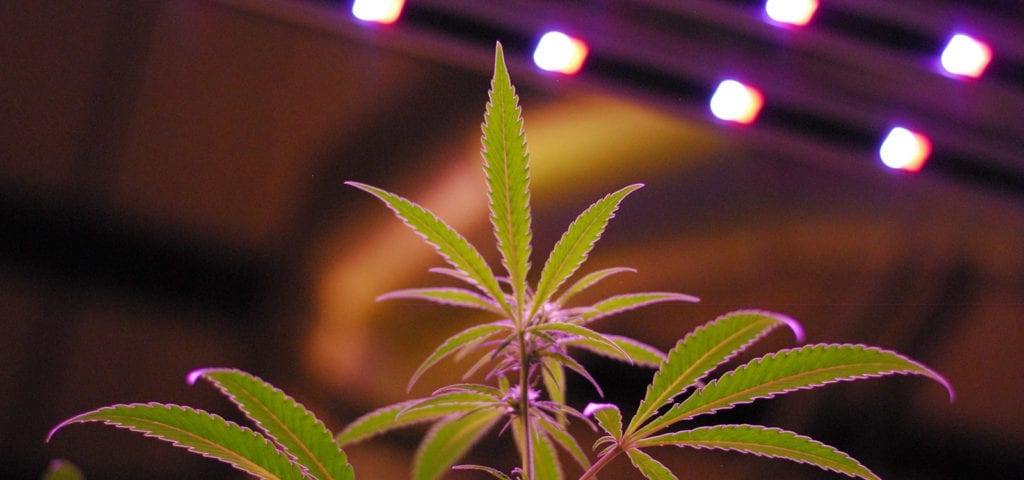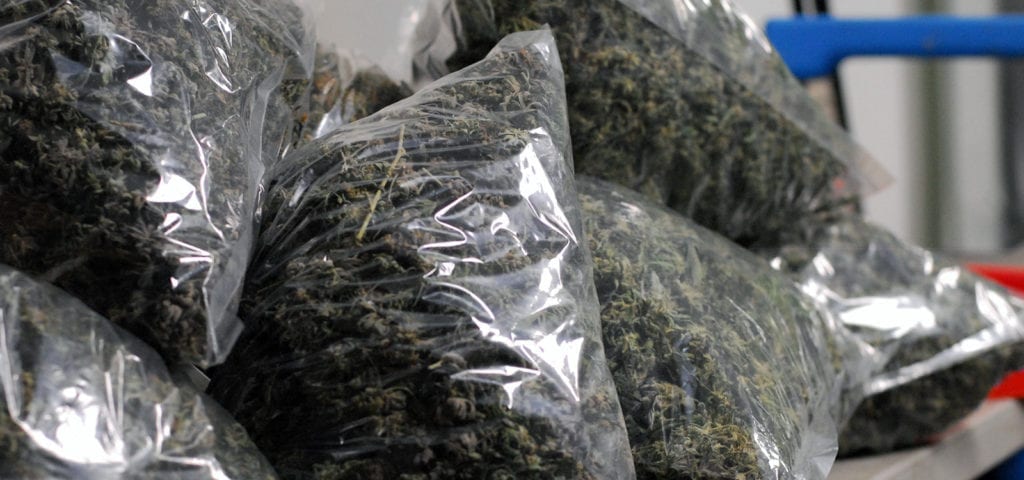Regulators in Western Australia have approved new rules for the state’s industrial hemp farmers, raising the upper limit for THC in licensed hemp crops to one percent (from just 0.35 percent), the Hemp Gazette reports.
“From the Ord down to the South-West and Great Southern, we are seeing unprecedented support for hemp as a fibre, food and building product. The cross-party support for these amendments is a sign of the wide recognition for the job-creating potential of this industry for regional WA.” — Alannah MacTiernan, West Australia Agriculture and Food Minister, in the report
Intentions to raise the limit were first announced in February and the move brings Western Australia in line with the rest of Australia’s states.
Australia has been growing hemp for industrial purposes since the Industrial Hemp Act passed in 2004. Medical cannabis, however, is relatively new to the country and remains quite heavily restricted.
However, advocates argue that Australia is still “missing out” on the sale of cannabis and hemp nutraceutical extracts. In fact, the hemp-derived CBD products commonly sold via online marketplaces throughout the rest of the world require specific distribution licenses from Australia’s Office of Drug Control.
“Australia has a wonderful opportunity here, we have from latitude 16 down to 42, we can grow crops on a continual basis throughout the year, harvesting in the south, moving all the way to the north throughout an eight-month period. We can produce better product than anybody else can but if it has to be behind a 12-foot barbed wire fence with security guards, lights and swipe cards to get in and out — it’s not going to happen.” — Phil Warner, an Australian hemp producer, via ABC Australia
End
